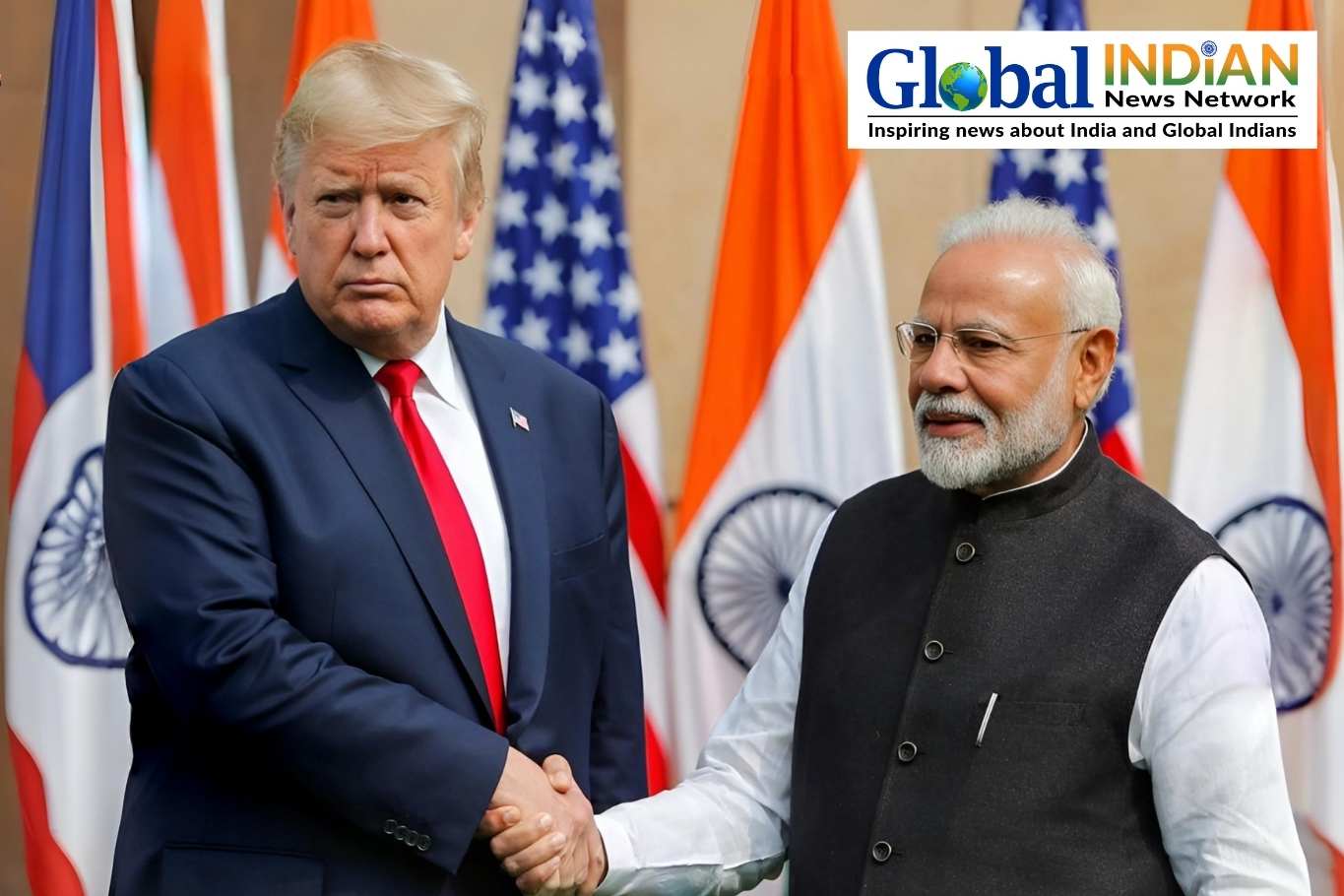
Mukesh Aghi, President and CEO of the US-India Strategic Partnership Forum, highlighted the converging interests of India and the United States in response to China’s assertive stance. Speaking to ANI, Aghi emphasized that the growing threat from China is a key factor aligning the two nations. He noted that this partnership is crucial for both countries to effectively address Chinese aggression.
Aghi described the multifaceted nature of India-US relations, encompassing geopolitical, economic, technological, and cultural dimensions. He stressed that this relationship is set to strengthen regardless of political leadership in either country, whether Democratic or Republican.
Geopolitically, the increasing assertiveness of China necessitates a united front from both India and the United States. Aghi pointed out that India’s rising economy offers significant market opportunities for American businesses. As India’s GDP grows from USD 4 to USD 5 trillion, US companies can benefit from this expanding market. Additionally, as the threat from China intensifies, many US companies facing challenges in China are looking to diversify their supply chains, with India emerging as a key alternative alongside Vietnam.
On the technological front, Aghi praised the significant contributions of India’s tech-savvy workforce to the success and competitiveness of US companies. This collaboration, he mentioned, is crucial as the US population ages, with Indian professionals playing vital roles both within India and in the US.
Culturally, Aghi highlighted the influence of the Indian-American community, which comprises five million people and accounts for 1.5 percent of the US population while generating 6 percent of the GDP. He noted the strong political engagement of Indian-Americans, citing prominent figures like Kamala Harris, Usha Vance, Vivek Ramaswamy, and Nikki Haley. This engagement is expected to positively drive the India-US relationship.
Aghi also discussed the broader implications of India-US cooperation, including in the Indo-Pacific region. He underscored the importance of preventing Chinese dominance in the Indo-Pacific, which would otherwise marginalize India. He mentioned collaborations beyond defense alliances, such as those in QUAD, I2U2 in the Middle East, and IMEC.
The integration of military forces and joint exercises in the Himalayas, Bay of Bengal, and Arabian Sea exemplifies the deepening partnership between the two nations. Aghi asserted that as China becomes more aggressive, the India-US partnership will grow even stronger, reflecting a shared commitment to maintaining regional stability and security.









